Sport
Dollar
38,2552
0.34 %Euro
43,8333
0.15 %Gram Gold
4.076,2000
0.31 %Quarter Gold
6.772,5700
0.78 %Silver
39,9100
0.36 %It is pertinent to recognise the strategic importance of Türkiye’s military presence in the region, which is pivotal for ensuring stability and peace and acts as a deterrent against potential spoilers.
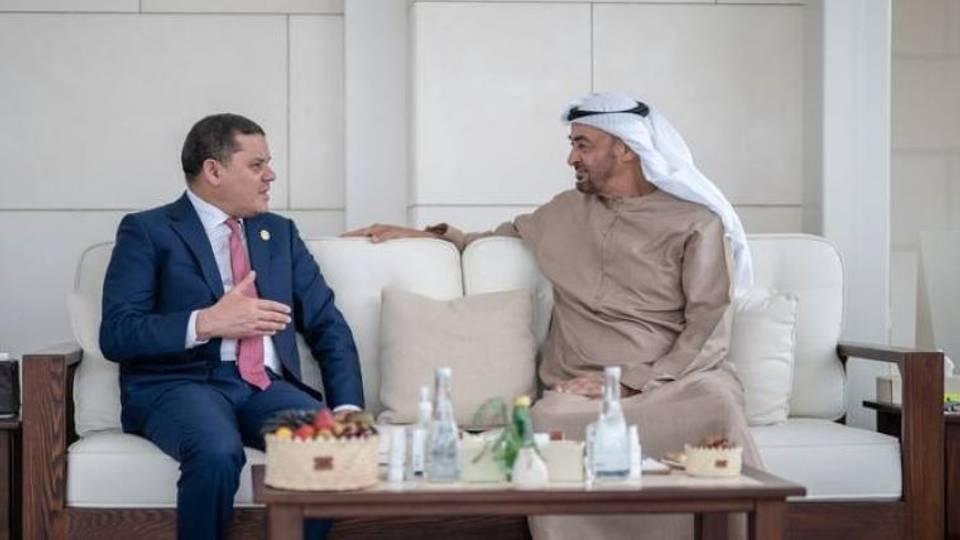
By Fuat Sefkatli
From being one of the most fervent external backers of warlord Khalifa Haftar's failed assault on Tripoli in 2019 to a recalibrated actor in the complex civil conflict, the United Arab Emirates (UAE) has made a 180-degree course correction in Libya.
Since the appointment of the Government of National Unity (GNU) led by Abdulhamid Dbeibeh in March 2021, questions regarding the UAE’s position in Libya have been frequently discussed.
To understand the extent to which the UAE has transformed its ideological, interest-based, and geopolitical ambitions since intensifying its engagements in Libya since 2016, it is necessary to briefly look back at the recent past.
Shortly after assuming office, Prime Minister Dbeibeh visited Abu Dhabi, where he held bilateral talks with Crown Prince Mohammed bin Zayed, focusing on the role the UAE could play in Libya's reconstruction process.
Additionally, in July 2022, the UAE mediated a power-sharing agreement between Dbeibeh and the eastern warlord Haftar, playing a significant role in appointing Farhat Ben Gadara as the head of the Libyan National Oil Company (NOC).
During this period, the UAE also withdrew funding to African-origin mercenaries in eastern Libya, indicating a breakdown in the Haftar-Wagner Private Military Company (PMC) and UAE consensus.
Moreover, reports published by the state-linked think tank Emirates Policy Center (EPC) throughout 2022 and 2023, advocating for the unification of the central bank, execution of electoral processes, and cessation of political contestation, further elucidate the UAE's adjusted trajectory in Libya.
Parameters of strategic shift
Firstly, the transition from the Trump era to Joe Biden's presidency in the United States led to tense relations between the Gulf countries, including the UAE and Saudi Arabia.
The Biden administration's adoption of a 'zero-tolerance' policy towards certain regional behaviours necessitated the UAE to actively pursue new regional alliances and partnerships.
A pivotal moment in this strategic redirection was the signing of the Abraham Accords in November 2020, which facilitated normalisation with Israel and symbolised a broader realignment in regional politics.
This was closely followed by the initiation of a rapprochement process with Türkiye, leading to a discernible moderation of the UAE's stance regarding the Libyan dossier.
A critical aspect of this recalibration was the termination of financial support to the Wagner PMC and other Sudanese and Chadian mercenaries active in Eastern Libya.
This decision could be interpreted as a manoeuvre to sidestep potential confrontations with Türkiye, a nation possessing substantial political, economic, and societal influence in western Libya.
Furthermore, the establishment of robust ties with the GNU underscored the UAE's transition from a stance of conflict to one emphasising cooperation within the Libyan context.
Secondly, Libya's strategic position as a nexus connecting sub-Saharan Africa and the Horn of Africa to the Mediterranean renders it an exceedingly advantageous arena for the UAE, facilitating not only the control over commercial routes but also the augmentation of military influence.
This context positions Libya as an indispensable component of the UAE's aspiration to act as a commercial conduit between China and Western nations.
Within this geopolitical framework, the eastern part of Libya, predominantly under Haftar's control, offers the UAE an unparalleled opportunity to assert itself as a regional power.
This is attributed to both its proximity to the Mediterranean, affording valuable port assets, and its strategic significance for interventions in various African crisis zones.
Specifically, the logistical network established therein is of strategic importance for Sudan and Chad, nations where the UAE maintains direct engagements.
The UAE has endeavoured to solidify its regional stature by leveraging the military frameworks of Western countries (the US, France, the UK) and international organisations (the UN, NATO) present in Libya.
This scenario has ostensibly provided the UAE with a platform to showcase its capabilities and resources to Western counterparts. Nonetheless, the escalating backlash against oil blockades in eastern Libya has necessitated a recalibration of the UAE's engagements in the region.
This shift was significantly influenced by the international community, particularly the US and European nations, driven by the imperative to stabilise the global energy crisis.
Furthermore, robust diplomatic engagements cultivated with the Dbeibeh administration by these nations and the UN, coupled with strategic agreements in the energy and construction sectors with the GNU, have precipitated the UAE's migration towards a more pragmatic trajectory.
A third aspect to consider is the apparent shift in the UAE's initial counter-revolutionary stance during the early phases of the Libyan revolution. In the revolution's nascent stages, some suggested that the UAE identified the Muslim Brotherhood's activities in Libya as a potential threat to the survival of its rule.
The progression towards democratic processes and the incorporation of a moderated form of Islam were perceived by the UAE as precursors to the activation of different democratic Arab movements.
This perception led to the UAE's support for Haftar, who launched a campaign against so-called religious factions in the west under a 'secular' guise. Nevertheless, evolving regional and international dynamics, coupled with Haftar's policies that antagonised stability, emerged as sources of anxiety for the Abu Dhabi leadership.
Consequently, Haftar's progressive estrangement from the control of Egypt and the UAE nudged these nations towards exploring alternative alliances.
Calibrating influence: Strategy in security dynamics
In the dynamics of Libya's security landscape, the UAE's approach has been notably articulated by its UN envoy, Mohamed Abushabab, during Security Council sessions in April and December 2023.
Abushabab commended the facilitative efforts led by Senegalese diplomat Abdoulaye Bathily under the UN Support Mission in Libya (UNSMIL) in organising meetings of the 5+5 Joint Military Committee, comprising military officials from Tripoli and Benghazi.
This perspective evidences a shift from the UAE's prior positions, showcasing a contemporary inclination towards fostering a stabilised military context within Libya.
It is, however, plausible to suggest that the UAE might assume a significant role in facilitating disarmament and reintegration, particularly in the east.
Finally, statements in December 2023 proposed the simultaneous and phased withdrawal of all foreign military forces and mercenaries from Libya.
This position suggests that the UAE, at least in the short to medium term, is unlikely to revert to employing a proxy strategy.
It is pertinent to recognise the strategic importance of Türkiye’s military presence in the region, which is pivotal for ensuring stability and peace and acts as a deterrent against potential spoilers.
In the current climate of advancing normalisation between Türkiye and Egypt, there are expectations for the UAE to moderate its narratives and actively pursue avenues for both political and military collaboration with Türkiye, specifically concerning the Libyan context.
The author, Fuat Emir Sefkatli, is a Researcher on North African Studies at the Center for Middle Eastern Studies (ORSAM) in Ankara.
Disclaimer: The views expressed by the author do not necessarily reflect the opinions, viewpoints and editorial policies of TRT Afrika.
➤Click here to follow our WhatsApp channel for more stories.
Comments
No comments Yet








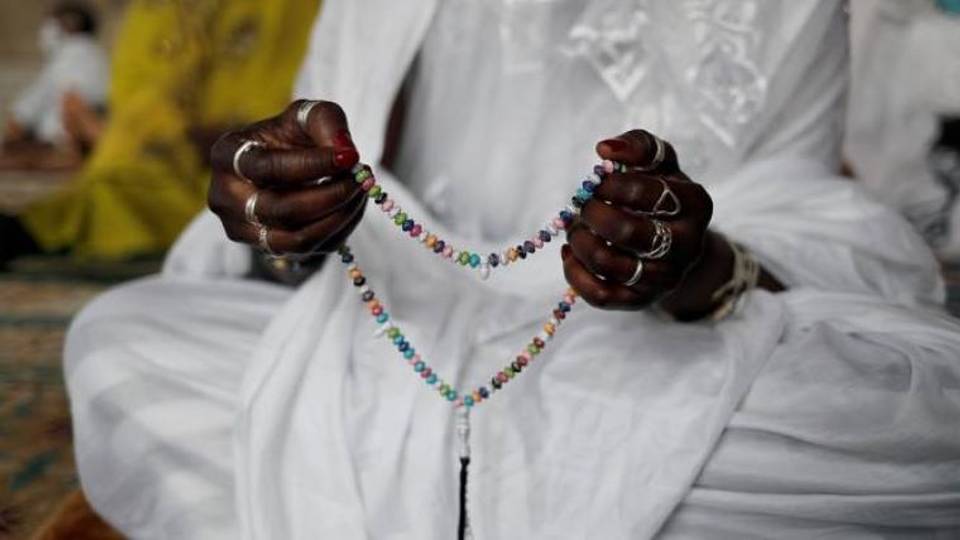
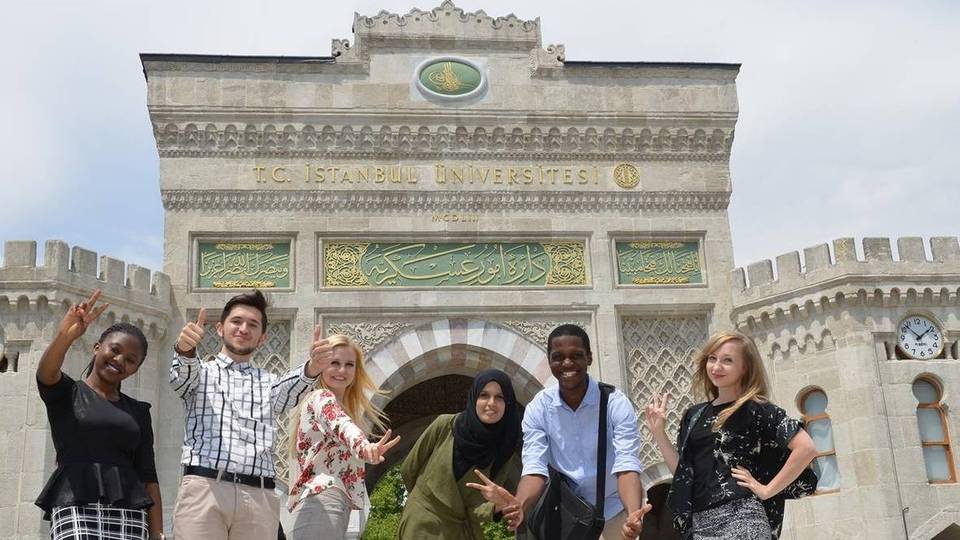
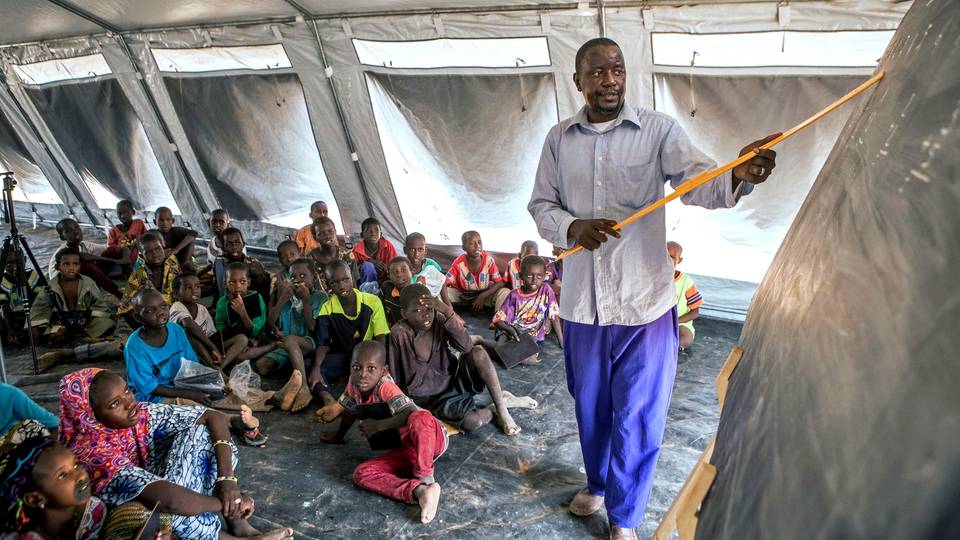
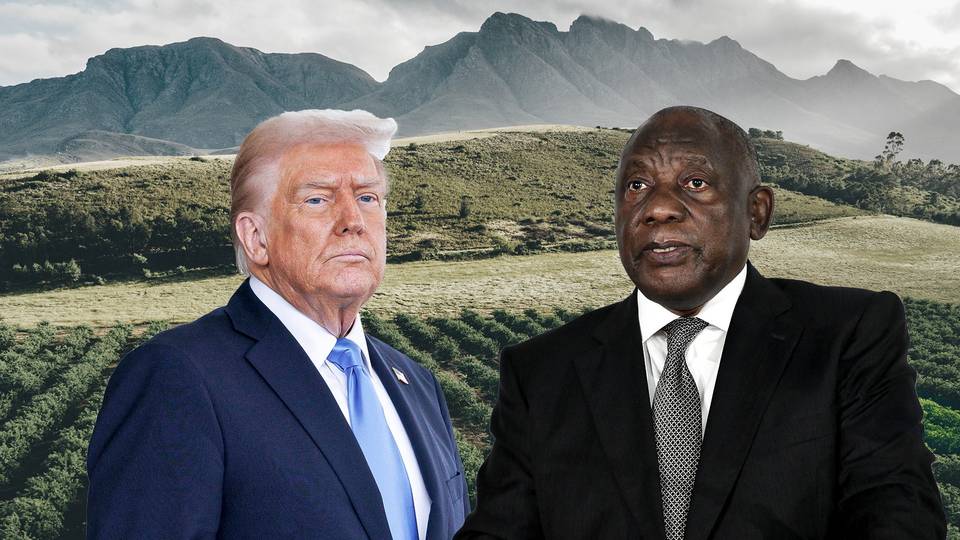








Comment